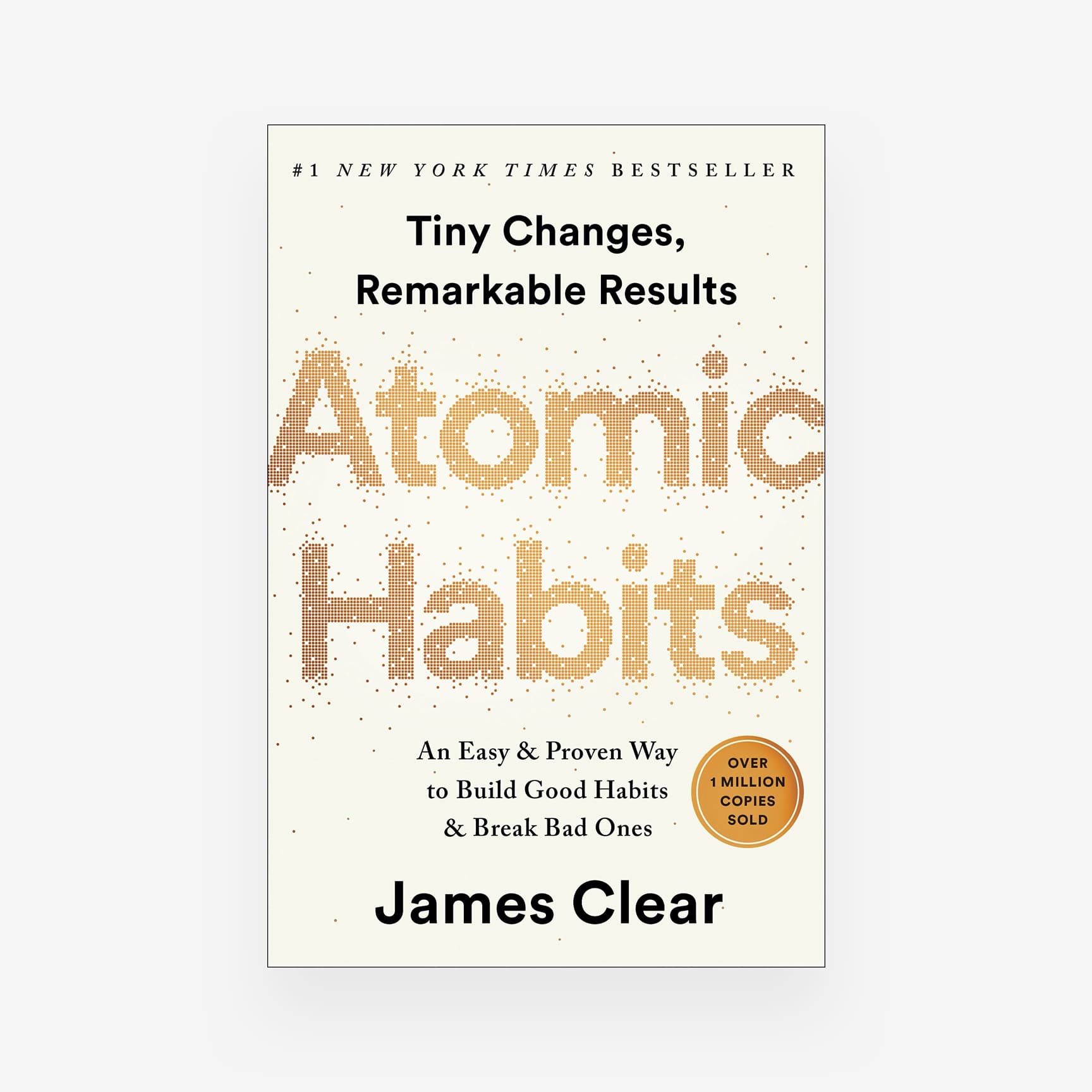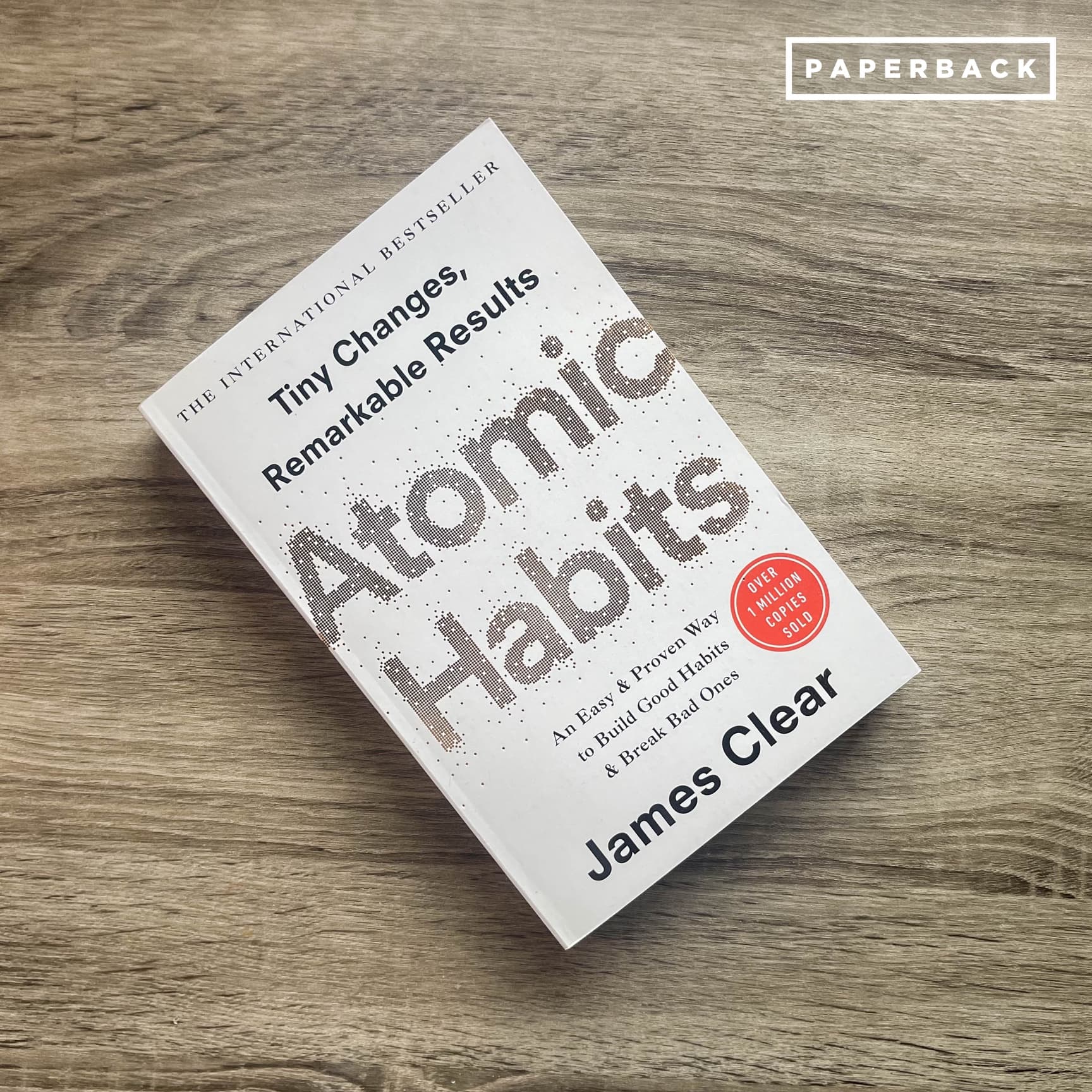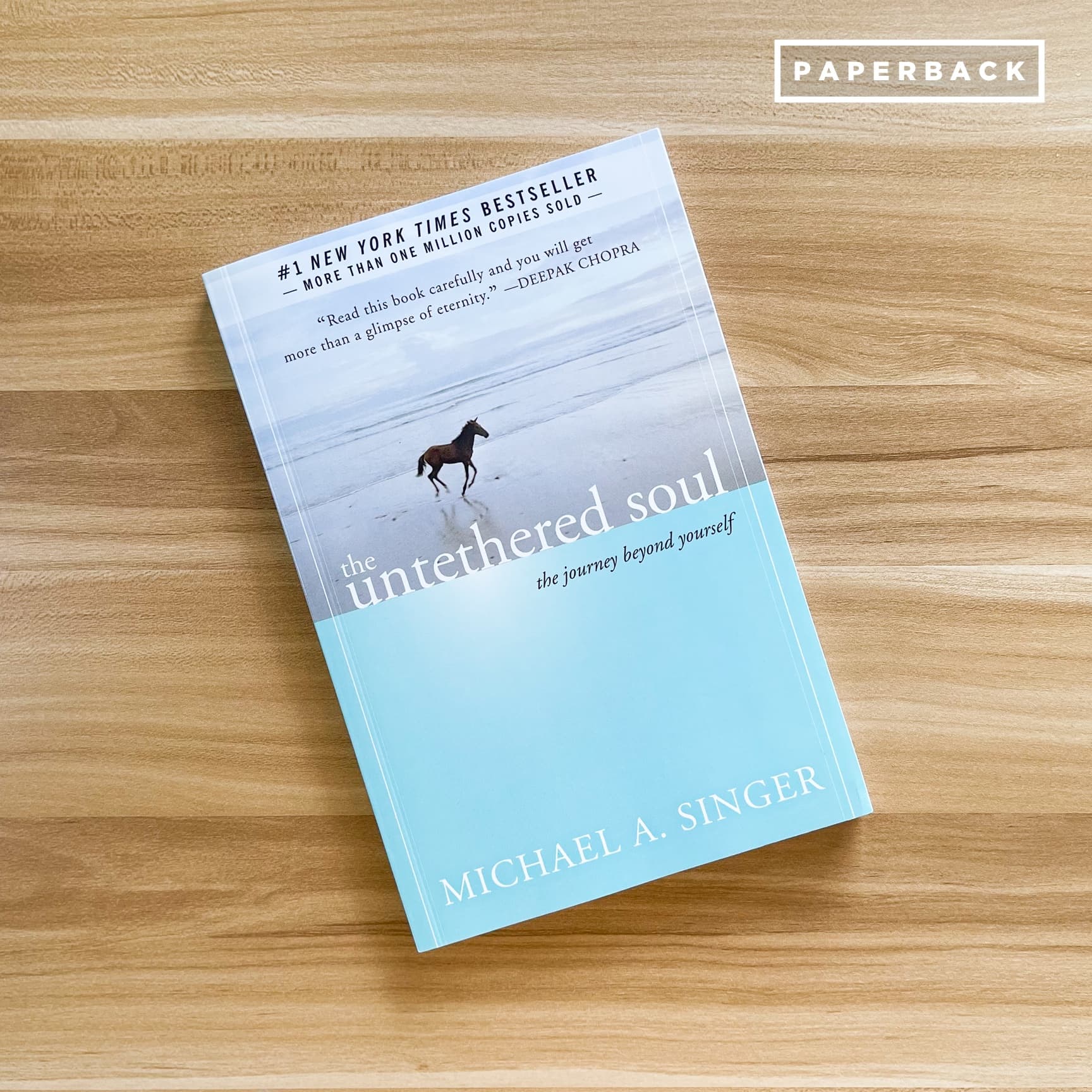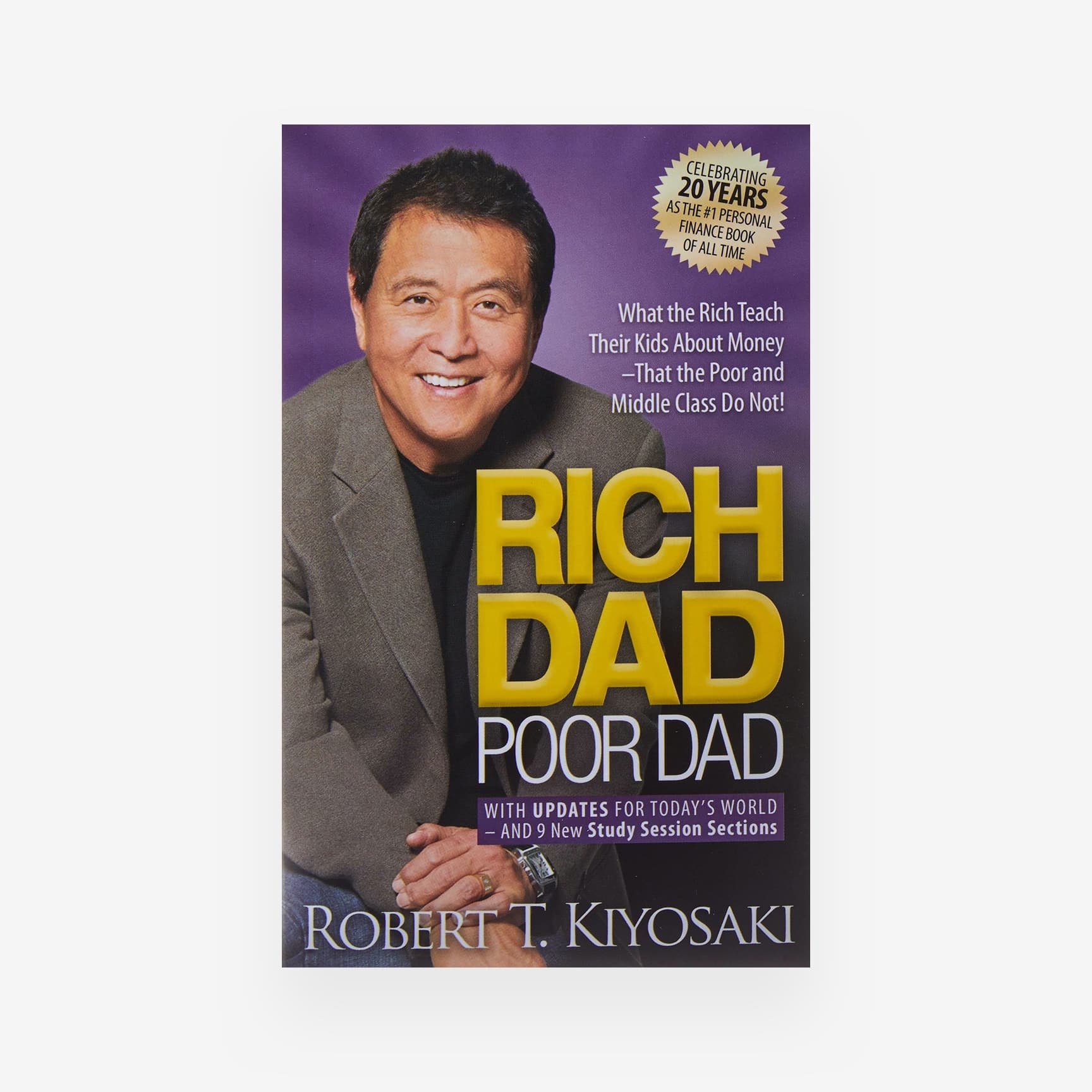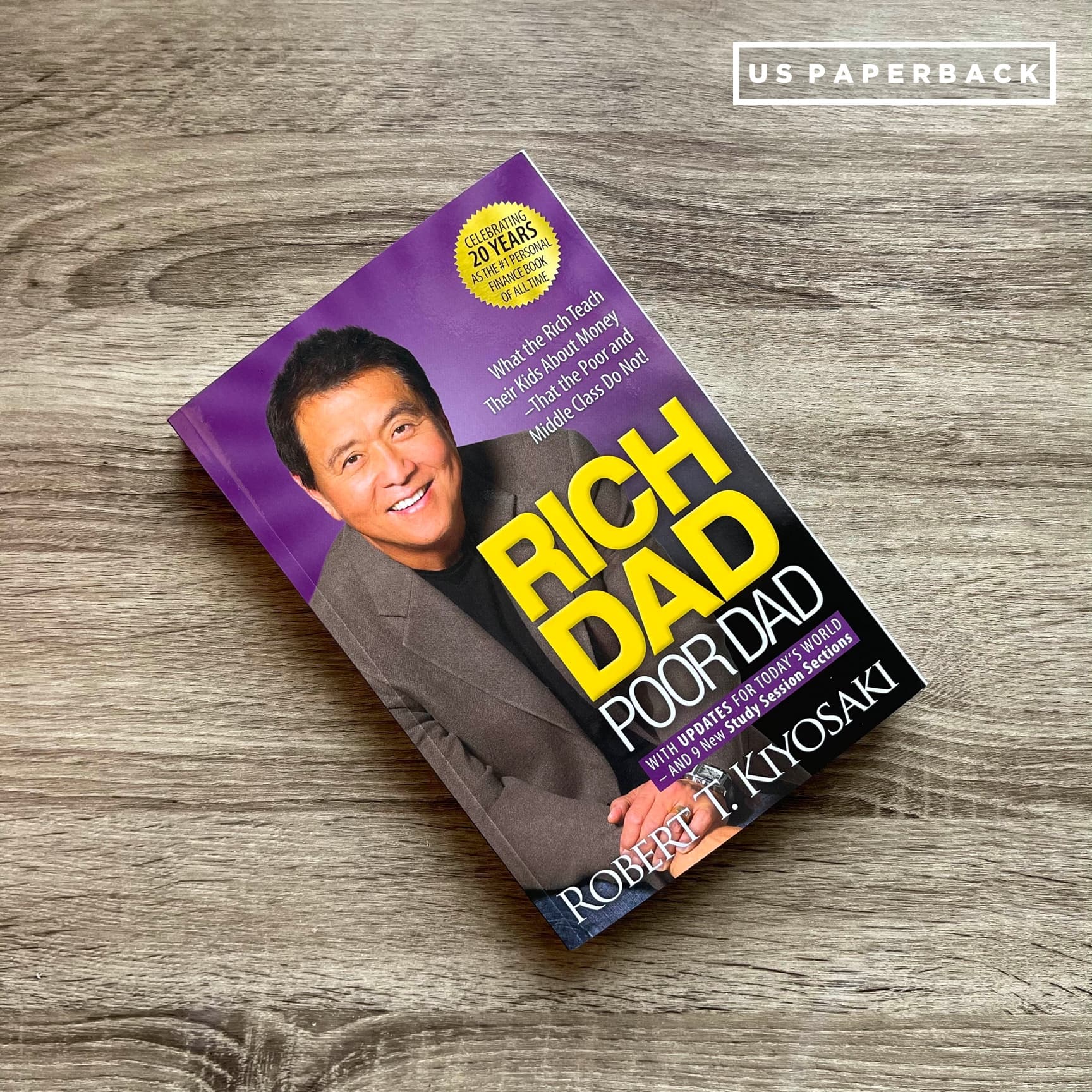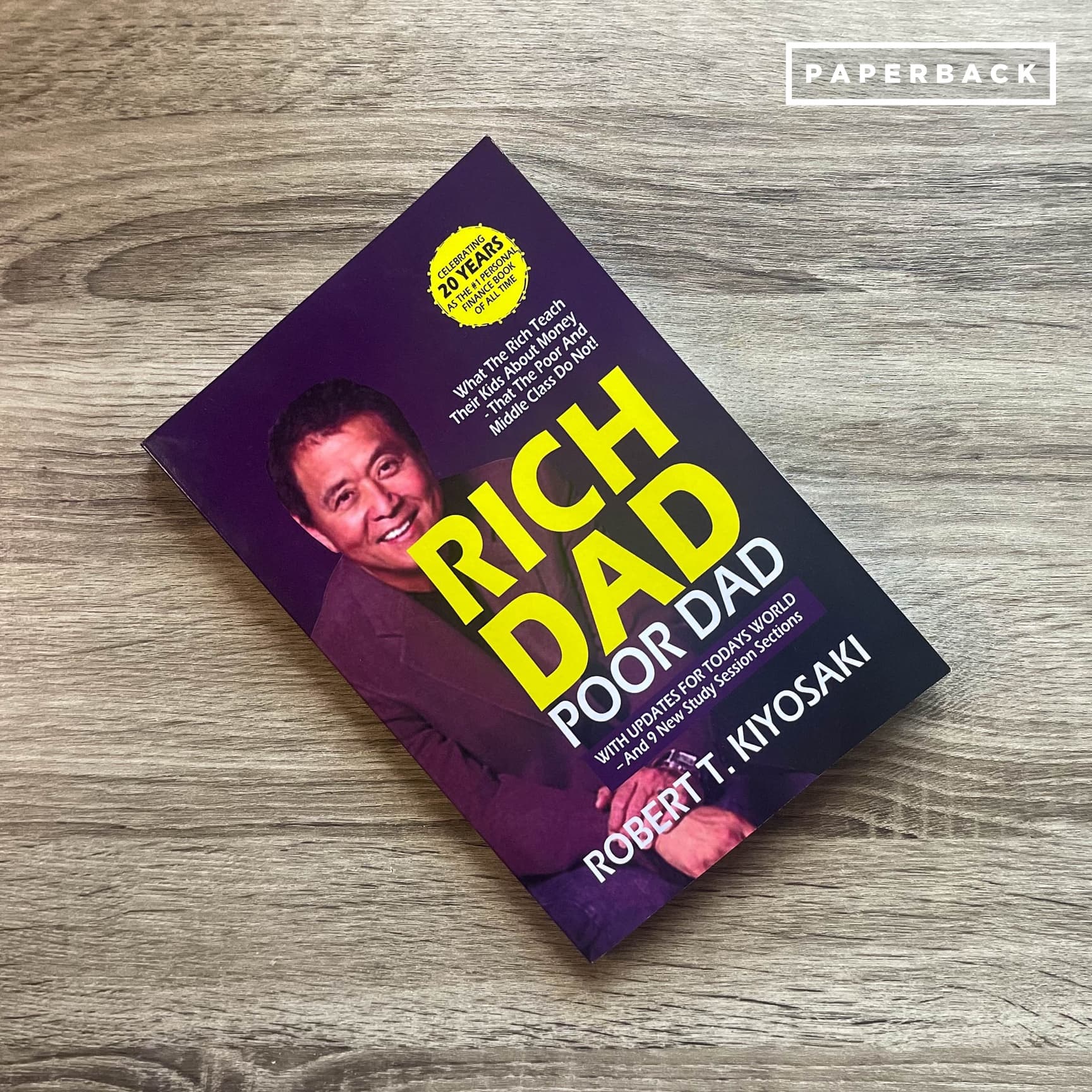Few political figures in the Philippines carry a legacy as complex and controversial as Ferdinand “Bongbong” Marcos Jr. As the son of a former dictator and first lady, his name evokes strong reactions across generations. Yet in 2022, he secured a landslide victory to become the 17th President of the Philippines—an election that marked both a political comeback and a national reckoning with history. Bongbong Marcos presents himself as a unifier, focused on economic recovery, infrastructure, and diplomacy. His presidency, while still unfolding, is one watched closely not just for its policies, but for how it seeks to balance past shadows with future promises.
Quick Facts
-
Full Name: Ferdinand Romualdez Marcos Jr.
-
Date of Birth: September 13, 1957
-
Age: 67 (as of 2025)
-
Place of Birth: Manila, Philippines
-
Nationality: Filipino
-
Education: Attended Worth School (UK); Special Diploma in Social Studies from the University of Oxford; attended Wharton School of Business (did not complete degree)
-
Political Party: Partido Federal ng Pilipinas
-
Current Position: 17th President of the Philippines (since June 30, 2022)
-
Family: Married to Louise “Liza” Araneta-Marcos; three sons, including Congressman Ferdinand Alexander “Sandro” Marcos
Early Life and Education
Born into one of the Philippines' most prominent political families, Ferdinand “Bongbong” Marcos Jr. is the only son of former President Ferdinand Marcos Sr. and former First Lady Imelda Marcos. He began his education in the Philippines before moving to the United Kingdom, where he attended Worth School in West Sussex. He later studied at the University of Oxford, receiving a Special Diploma in Social Studies in 1978. Marcos also attended the Wharton School of Business at the University of Pennsylvania but did not complete the program.
Political Career
Marcos Jr.'s political career began at the young age of 23 when he was elected Vice Governor of Ilocos Norte in 1980. He served as Governor from 1983 until the family's exile in 1986 following the People Power Revolution. After returning to the Philippines in 1991, he resumed his political career:
-
Representative: Ilocos Norte's 2nd District (1992–1995, 2007–2010)
-
Governor: Ilocos Norte (1998–2007)
-
Senator: Philippine Senate (2010–2016)
In 2016, he ran for Vice President but narrowly lost to Leni Robredo.
Presidential Campaign and Election
In 2022, Marcos Jr. ran for President under the Partido Federal ng Pilipinas, with Sara Duterte, daughter of outgoing President Rodrigo Duterte, as his running mate. He won the election by a landslide, securing nearly 59% of the vote—the largest majority since his father's 1981 victory.
Presidency and Policies
Since taking office, President Marcos Jr. has focused on economic recovery, infrastructure development, and foreign policy:
-
Economic Initiatives: Signed a record ₱6.33 trillion ($109.2 billion) budget for 2025, emphasizing education and public works.
-
Infrastructure: Launched the “Build, Better, More” program, continuing and expanding upon his predecessor's infrastructure projects.
-
Foreign Relations: Strengthened ties with the United States and addressed territorial disputes in the South China Sea.
Navigating Legacy and Leadership
President Marcos Jr.'s tenure is marked by efforts to balance his family's complex legacy with a vision for national unity and progress. His administration faces the challenge of addressing historical controversies while steering the country toward economic growth and stability.











